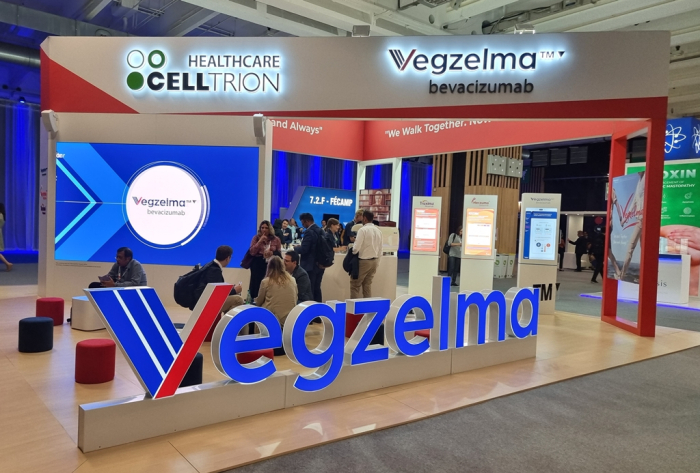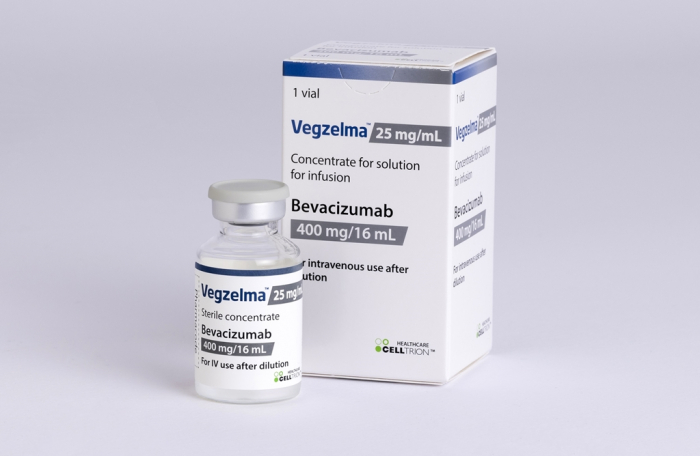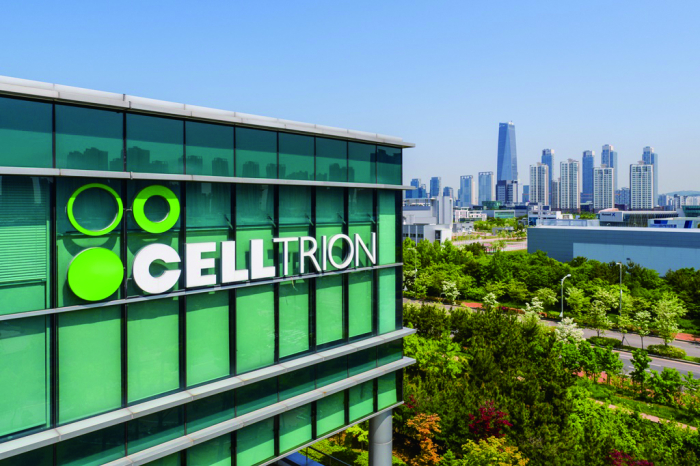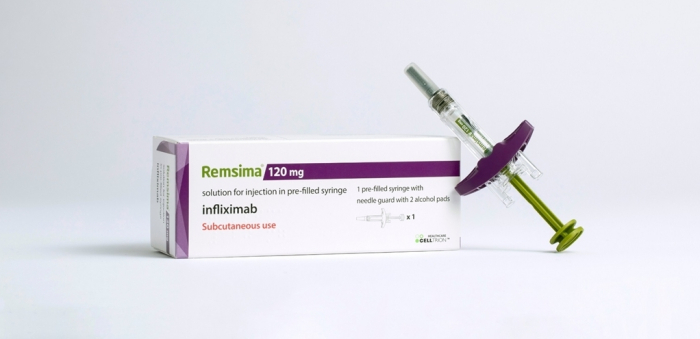
South Korea’s leading biosimilar drug developer Celltrion Inc. saw its Vegzelma, a cancer drug referencing global biopharma Roche’s Avastin, emerge as the most-prescribed medicine in Europe.
According to global pharmaceutical market research firm IQVIA on Wednesday, Vegzelma, also known for its active ingredient bevacizumab, held a 29% market share in Europe at the end of the third quarter of 2024.
The biosimilar’s European market share rose 9 percentage points from the previous quarter.
Celltrion attributed its significant third-quarter market share growth to a supply contract it secured with UniHA, France’s largest hospital procurement group, in June.
The Korean drugmaker obtained the European Commission’s sales approval for Vegzelma in August 2022.

Vegzelma is Celltrion’s third oncology biosimilar approved by the EC, following two other products – Truxima, a blood cancer treatment, and breast cancer medication Herzuma.
Vegzelma is a medication used to treat several types of cancers, including metastatic breast cancer, non-small cell lung cancer, colorectal, renal cell, ovarian and cervical cancer.
According to Market Research Intellect, the global bevacizumab market is forecast to grow at an average 9.2% annual rate to 18.8 trillion won ($13 billion) by 2031 from 10.6 trillion won in 2023.

SALES VIA ITS OWN CHANNELS
A key driver behind Vegzelma’s rapid sales growth in Europe is Celltrion’s direct sales strategy in the region.
In May 2022, Celltrion said it will expand direct sales to all products it sells in the European market to improve profitability.
Previously, the company sold a limited number of drugs through its own sales channels in Europe, including Remsima SC, a subcutaneous injection type rheumatoid arthritis treatment referencing Janssen’s Remicade, and Yuflyma, a biosimilar of AbbVie’s arthritis treatment Humira.
While direct sales require a significant initial investment in building a distribution channel, such a method eliminates commission costs, leading to greater long-term profitability.

Biosimilars are products that have been demonstrated to be similar in efficacy and safety to the originator’s reference product, with the advantages of cost savings and promoting sustainable access to therapies.
With similar efficacy to original drugs and available at lower costs, biosimilars are increasingly promoted as preferred alternatives in Europe.
DOMINANT PLAYER IN EUROPE
Last year, Celltrion and its crosstown Korean rival Samsung Bioepis Co. achieved a significant milestone in the European biosimilar market, capturing over 50% market share in the six best-selling blockbuster categories.
Celltrion’s Remsima and Remsima SC, the world’s only subcutaneous injection-type autoimmune disease treatment, posted a combined 66% market share in Europe as of the third quarter of 2024.

In key European markets such as Germany, France and the UK, Remsima’s market share exceeds 75%, extending Celltrion’s lead over competitors such as Janssen and Sandoz.
Celltrion’s 2024 global sales are estimated at 3.5 trillion won, with half of which coming from Europe.
The global biosimilar market is forecast to grow at an annual rate of 17.3%, reaching 107.7 trillion won by 2030. Europe, larger than the US market, controls half the global biosimilar market.
According to IQVIA, biosimilars accounted for more than 80% of the entire pharmaceuticals market in Europe at the end of the third quarter.
By In-Soo Nam
isnam@hankyung.com
Jennifer Nicholson-Breen edited this article.















